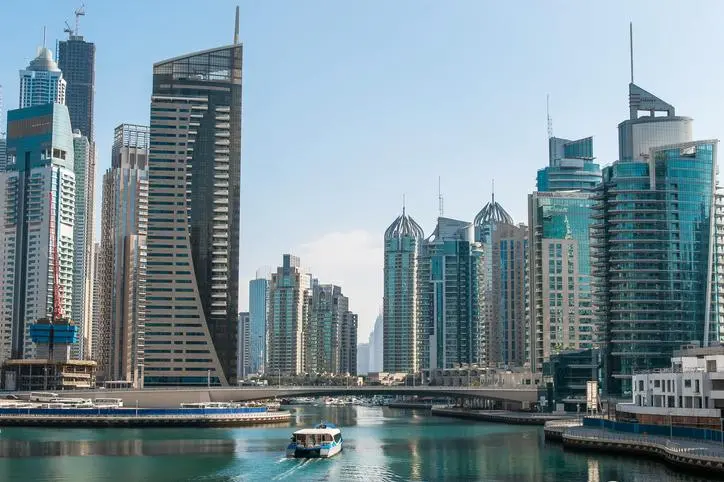PHOTO
Many stakeholders in Dubai’s real-estate market have hailed the recently established higher committee, which they hope will trigger initiatives to fix supply and demand of properties in the market. While they await more details on how the regulator can tighten the loose ends, the expectation is that the move will streamline the weak market and boost the economy.
Sheikh Mohammed bin Rashid Al Maktoum, the ruler of Dubai, announced a higher committee to maintain stability and balance between supply and demand in the real-estate market. The move is in response to the continuously mounting oversupply in the emirate, which has resulted in stooping rents, lackluster demand in new projects and property prices plunging by at least a quarter since mid-2014.
According to Sheikh Mohammed, the committee will ensure that the quasi-governmental real-estate companies will not compete with the investors in the private sector. It will also lay out a strategic plan for all major real-estate projects in Dubai for the next 10 years.
The industry expects that the committee will stimulate Dubai’s real-estate landscape, a positive step towards achieving a more balanced market for the emirate.
Mohammed Alabbar, chairman of Emaar Properties, Dubai’s largest listed developer, lauded the move to control supply amidst a market glut (the government of Dubai owns a minority stake in Emaar Properties).
“We are part of the higher committee like many other real estate companies,” Alabbar said. “We are waiting to learn more on what they have in mind. I truly believe in the wisdom of His Highness and [I am] optimistic that whatever has been done in that area it will be good for the industry and the local economy.” However, he added that he had “zero knowledge” of the committee.
Welcoming the news as “a positive step towards achieving a more balanced market for the Emirate,” Thierry Delvaux, CEO of JLL MENA, said in a statement: “High levels of recent supply are being felt across both the commercial and residential sectors, and while not all proposed projects will complete on schedule, we do expect to see a significant spike in project completions across the residential and commercial sectors over the remainder of 2019.”
The average level of residential completions in Dubai over the past three years has been around 20,000 dwellings per annum, and as many as 60,000 dwellings are scheduled for completion in 2019 alone. There has been a similar increase in new supply in the retail sector, where completions this year could exceed 600,000 sq m, compared to an average of 233,000 sq m p.a. over the past three years, JLL said.
“The extent to which this new committee can regulate and achieve an improved balance of supply and demand remains to be seen, but recognition of the current imbalance and the implementation of a plan to counteract this problem are key steps towards making a change,” Delvaux commented.
Aron Lomax, Managing Partner at Treo Homes, said that the higher committee may not want to get too involved in regulating the market but would streamline the operations of developers. “The government has been looking at this for some time now. I don’t believe they want to directly regulate the supply; however, they want to work closely with the developers to ensure the new projects that do come to the market add value to the sector. They don’t want the same projects being reproduced over and over, leading to an oversupply of the same products.”
According to Delvaux, the “build it and they will come” model has served Dubai well in the past, but the time had come to review this approach so that the industry benefits the larger economy. “Achieving this objective will inevitably require more controls on the level of future supply than have been implemented in the past, but it is an initiative set to improve the country’s long-term economy.”
Aron said the committee might consider encouraging innovative projects that could boost the economy. “They want more mega projects to come in, projects that can impact and add value to the economy as a whole. In the past few years there has been a lack of big mega projects coming into the market. We have seen The Tower launched at Dubai Creek; this is in line with the scale of projects the government wants to see more of. The vast influx of smaller townhouse communities and mediocre towers are creating a burden on the sector.”
(Writing by Seban Scaria; editing by Daniel Luiz)
(seban.scaria@refinitiv.com)
Our Standards: The Thomson Reuters Trust Principles
Disclaimer: This article is provided for informational purposes only. The content does not provide tax, legal or investment advice or opinion regarding the suitability, value or profitability of any particular security, portfolio or investment strategy. Read our full disclaimer policy here
© ZAWYA 2019





















